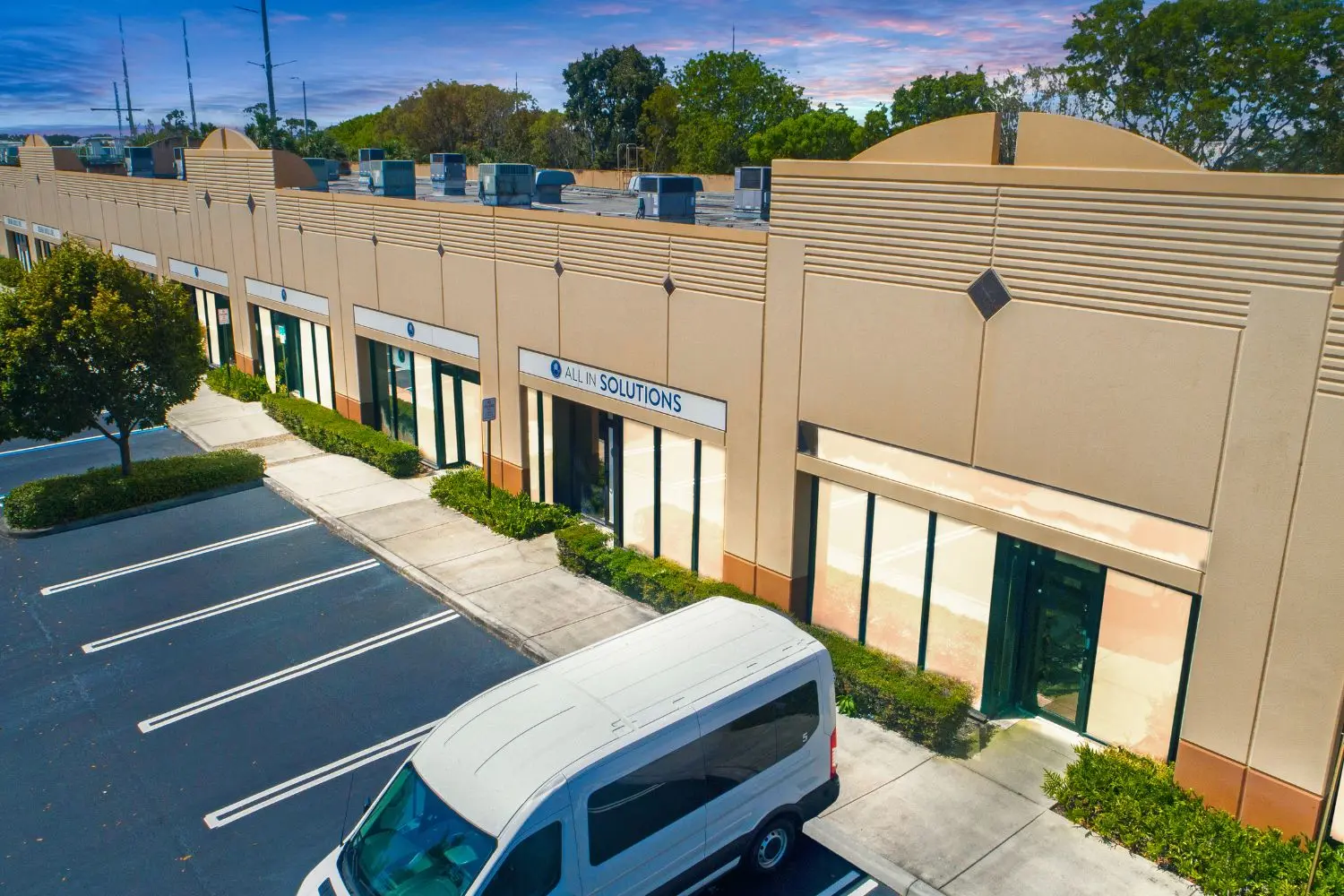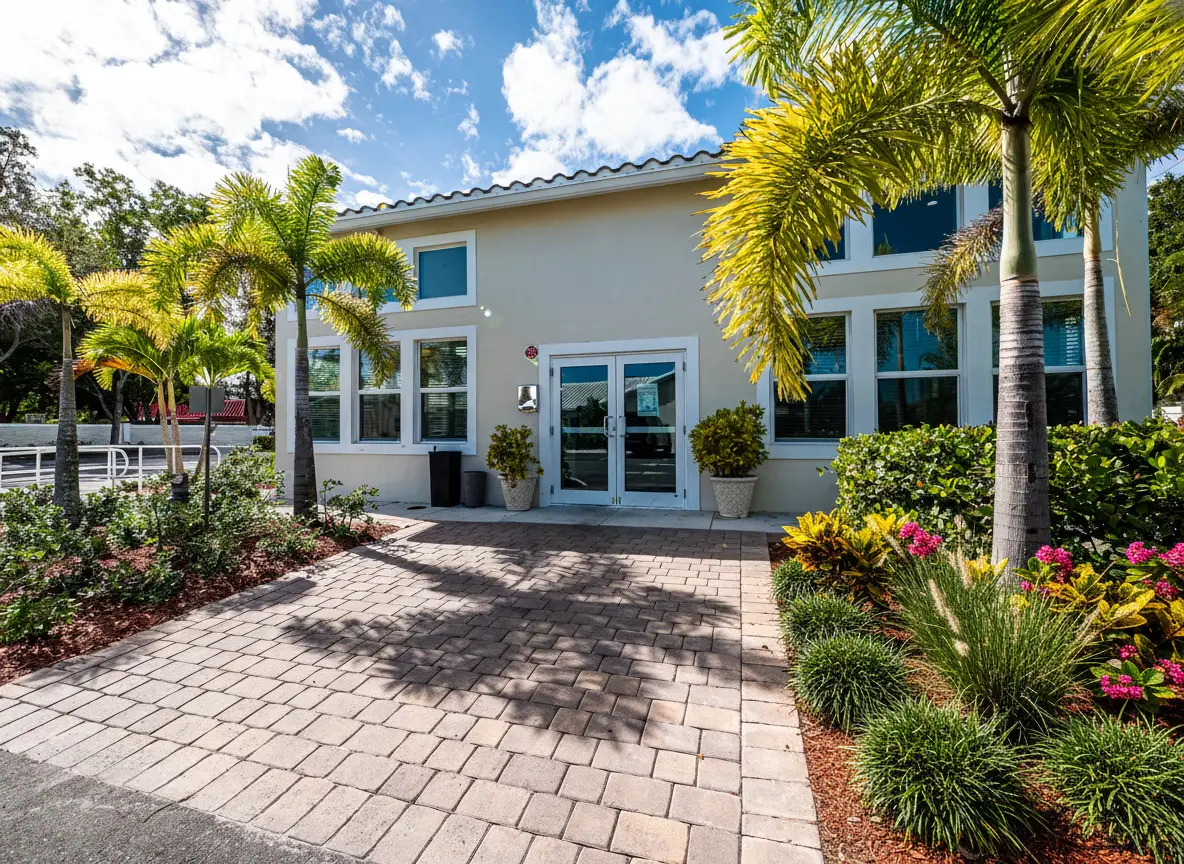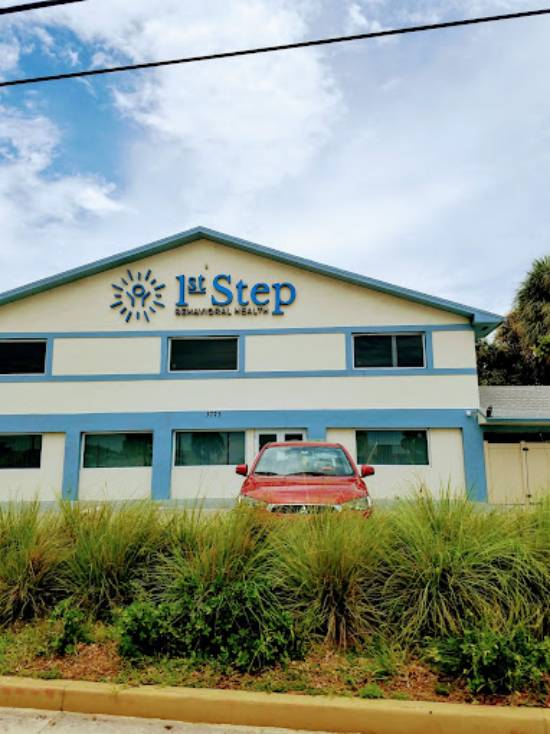About Lifeskills
Located in Boca Raton, Florida, Lifeskills was a facility that provided outpatient treatment to individuals with substance use disorder and mental health disorders. They are closed now but they used evidence based therapies and specialized in treating co-occurring disorders.
Various Evidence Based Practices to Achieve Healing
The facility offered a variety of evidence based practices to assist clients in their healing from substance use disorder. The therapies that may have been a part of client’s treatment included cognitive behavioral therapy, dialectical behavioral therapy and rational emotive behavioral therapy.
CBT was used to help clients increase their awareness of irrational thoughts discouraging their recovery and building nondestructive coping skills. Suggestions that the counselors may have offered for coping include cultivating new friendships and taking up healthy hobbies.
DBT was useful in educating clients on important skills such as distress tolerance and emotional regulation. The counselor may have incorporated mindfulness into the treatment through activities such as thought records and breathing exercises.
Licensed to Treat Dual Diagnosis
The facility had a specialized license to treat individuals with dual diagnosis disorders. Common mental health illnesses that can occur alongside substance use disorder include anxiety and depression. The facility followed the 12 step philosophy to treat dual diagnosis disorder along with using behavioral therapies.
In some cases, clients may have needed more intensive services to help with their recovery. The facility could refer clients to residential treatment at their Deerfield Beach, Orlando, or Fort Lauderdale locations.
Addiction Treatment in Boca Raton
Clients who received their addiction treatment at the Boca Raton facility were only a few minutes away from numerous Florida beaches. Clients could have also spent time relaxing at Gumbo Limbo Nature Center, which had a butterfly garden and tanks with sea turtles.
Rehab Score
Other Forms of Payment
Self-pay involves paying for treatment out of your own pocket. You can use savings or credit, get a personal loan, or receive help from family and friends to fund your treatment. If you don't have insurance or your insurance plan doesn't cover a specific program, self-pay can help ensure you still get the care you need.
Addiction Treatments
Treatments
The goal of treatment for alcoholism is abstinence. Those with poor social support, poor motivation, or psychiatric disorders tend to relapse within a few years of treatment. For these people, success is measured by longer periods of abstinence, reduced use of alcohol, better health, and improved social functioning. Recovery and Maintenance are usually based on 12 step programs and AA meetings.
Drug rehab in Florida provides quality treatment to help individuals overcome dependency related to a wide range of addictive substances. Programs address both the physical and mental aspects of addiction in order to help you make a full recovery.
A combined mental health and substance abuse rehab has the staff and resources available to handle individuals with both mental health and substance abuse issues. It can be challenging to determine where a specific symptom stems from (a mental health issue or an issue related to substance abuse), so mental health and substance abuse professionals are helpful in detangling symptoms and keeping treatment on track.
Opioid rehabs specialize in supporting those recovering from opioid addiction. They treat those suffering from addiction to illegal opioids like heroin, as well as prescription drugs like oxycodone. These centers typically combine both physical as well as mental and emotional support to help stop addiction. Physical support often includes medical detox and subsequent medical support (including medication), and mental support includes in-depth therapy to address the underlying causes of addiction.
Programs
Adult rehab programs include therapies tailored to each client's specific needs, goals, and recovery progress. They are tailored to the specific challenges adult clients may face, including family and work pressures and commitments. From inpatient and residential treatment to various levels of outpatient services, there are many options available. Some facilities also help adults work through co-occurring conditions, like anxiety, that can accompany addiction.
Young adulthood can be an exciting, yet difficult, time of transition. Individuals in their late teens to mid-20s face unique stressors related to school, jobs, families, and social circles, which can lead to a rise in substance use. Rehab centers with dedicated young adult programs will include activities and amenities that cater to this age group, with an emphasis on specialized counseling, peer socialization, and ongoing aftercare.
Clinical Services
In individual therapy, a patient meets one-on-one with a trained psychologist or counselor. Therapy is a pivotal part of effective substance abuse treatment, as it often covers root causes of addiction, including challenges faced by the patient in their social, family, and work/school life.





